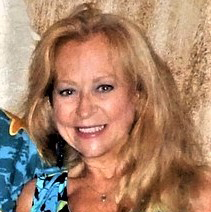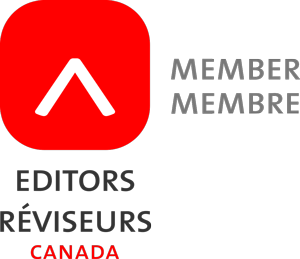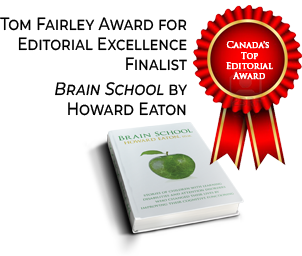My membership in the Editors’ Association of Canada includes a subscription to its listserve (chat forum). The subject of a current discussion thread is the value of a copy editor, which began with a complaint that if Dan Brown had been provided with a copy editor for his latest novel The Lost Symbol (and his previous novels), he didn’t make much use of him/her.
This post led to a long discussion. Many of my colleagues are horrified at Dan Brown’s wobbly sentence construction and plot inconsistencies, all pointing to an apparent lack of good copy editing. One editor provided a link to a list compiled by Tom Chivers (of England’s The Telegraph newspaper) of Dan Brown’s twenty worst sentences (http://tinyurl.com/r6tye2). This is an interesting read, and the comments following it are even more fascinating. In response, another editor wrote: “I read this list and was horrified. How come Brown’s editor didn’t catch these things? I don’t edit fiction, so I’m a bit mystified about the process. Does a fiction author have so much control that s/he can ignore the editor’s advice about such things? What about the reputation of the publisher, not to mention that of the editor?”
Another colleague pointed to a link I just had to share here. This blog post is by Scott Berkun, a writer who decidedly knows the value of a copy editor. Here’s a valuable excerpt from his post:
“I want to hear some tough stuff in the copy edit. How else will the book get better? A copy editor [should] force the writer to think more clearly, and catch bad assumptions they’ve made. I get final say; what do I have to lose by being questioned? Better now than in book reviews.”
You can read the rest of the post at: www.scottberkun.com/blog/2009/what-copyediting-looks-and-feels-like/ And again, the comments following Mr. Berkun’s post are particularly enlightening.
Yet another of my colleagues pointed out that the author, out of both and protocol and ethics, should have the last word in matters editorial. “Hey,” I thought, “that’s my tag line.” (The last word is yours.) I do indeed agree strongly that the author should have the last word. But it’s painful beyond description to read bad reviews, when the criticisms therein are the very same ones I offered that author to begin with! Another colleague, Shaun Oakey, drafted a note he’d like to send to reviewers, the essence of which stated:
“Please note that the errors you listed in your review were not the result of careless editing. In fact, the copy editor corrected all these errors. However, the author ignored the editor’s strenuous arguments and insisted on stetting his precious misspellings, incorrect punctuation, inconsistently applied stylistic quirks, and logical lapses. All of these were pointed out to the author on several edit passes, but the author erased the corrections, saying he was certain his readers would understand they were his ‘style’ and in fact expected them and would have no trouble with them. He insisted his original was ‘just fine.'”
So please remember that, as your editor, I will indeed let you have the last word, as I promise in my tag line. You’re the author, after all. But you’re paying me to edit your work, and I do so with a passion, eight to ten hours a day, often seven days a week. I hope you’ll trust my expertise and experience.


